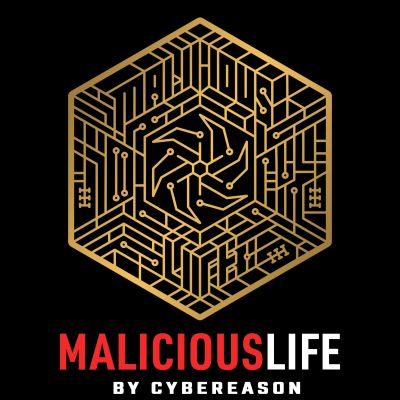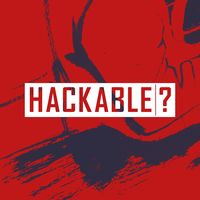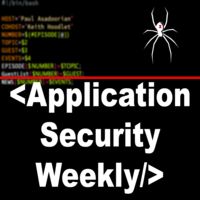Tales of cybersecurity. The wildest hacks you can ever imagine, told by people who were actually there. Hosted by cybersecurity expert and book author, Ran Levi, this is not your average talk-show. These are fascinating, unknown tales, slowly unraveled, deeply researched. Think Hardcore History meets Hackable- and come dig into a history you never knew existed.
https://redcircle.com/shows/malicious-life
Gesamtlänge aller Episoden: 9 days 12 hours 6 minutes
recommended podcasts
The Y2K Bug, Part 2
In the waning years of the 20th century, amid growing anxieties about the turn of the millennium, one man, Robert Bemer, observed the unfolding drama from his remote home on King Possum Lake. A revered figure in computing, Bemer had early on flagged a significant, looming issue known as the Y2K bug, which threatened to disrupt global systems as calendars rolled over to the year 2000...
The Y2K Bug, Part 1
In the 1950s and 60s - even leading into the 1990s - the cost of storage was so high, that using a 2-digit field for dates in a software instead of 4-digits could save an organization between $1.2-$2 Million dollars per GB of data. From this perspective, programming computers in the 1950s to record four-digit years would’ve been outright malpractice...
Can You Bomb a Hacker?
The 2008 Russo-Georgian War marked a turning point: the first time cyberattacks were used alongside traditional warfare. But what happens when the attackers aren't soldiers, but ordinary citizens? This episode delves into the ethical and legal implications of civilian participation in cyberwarfare, examining real-world examples from Ukraine and beyond.
Advertising Inquiries: https://redcircle.com/brands
Kevin Mitnick, Part 2
In 1991, Kevin Mitnick was bouncing back from what was probably the lowest point of his life. He began to rebuild his life: he started working out and lost a hundred pounds, and most importantly - he was finally on the path towards ditching his self-destructive obsession of hacking...
Kevin Mitnick, Part 1
For Kevin Mitnick - perhaps the greatest social engineer who ever lived - hacking was an obsession: even though it ruined his marriage, landed him in scary correction facilities and almost cost him his sanity in solitary confinement, Mitnick wasn't able to shake the disease that compelled him to keep breaking into more and more communication systems.
Advertising Inquiries: https://redcircle.com/brands
SIM Registration: Security, or Surveillance?
Right now, hundreds of thousands of people in the southern African country of Namibia are faced with a choice. At the end of next month, their phone service is going to be shut off permanently: to prevent that from happening, they’ll have to give up their data privacy...
The Mariposa Botnet
In 2008, The 12 million PCs strong Mariposa Botnet infected almost half of Furture 100 companey - but the three men who ran it were basiclly script kiddies who didn't even knew how to code.
Advertising Inquiries: https://redcircle.com/brands
The Real Story of Citibank’s $10M Hack
Valdimir Levin is often presented as "the first online bank robber," and appeares on many lists of the "Top 10 Greatest Hackers." But a few veteran Russian hackers cliam that Levin's infamous hack had been mangled by the journlists who wrote about it. What's the truth behind the 1994 $10.7 million Citibank hack?...
Advertising Inquiries: https://redcircle.com/brands
How to Hack Into Satellites
About a year ago, six academics from Ruhr University Bochum and the CISPA Helmholtz Center for Information Security set out to survey engineers and developers on the subject of satellite cybersecurity. But most of these engineers were very reluctant to share any details about their satellites and their security aspects...
Moonlight Maze
When investigators discovered in 1996 that US military networks were being extensively hacked, they didn't realize they were witnessing the birth of what would become Russia's formidable Turla APT espionage group. We uncover the 20-year metamorphosis of this original group of hackers into one of the most sophisticated and dangerous state-sponsored threats that's still active today.
Advertising Inquiries: https://redcircle.com/brands








































